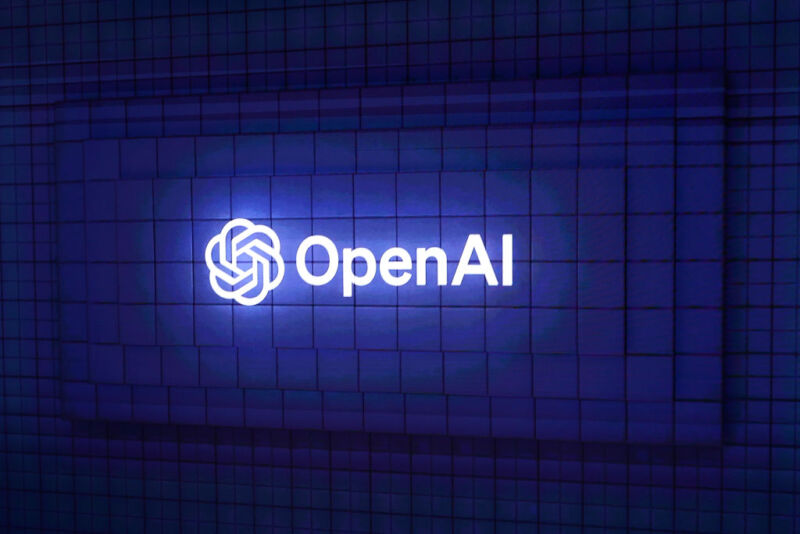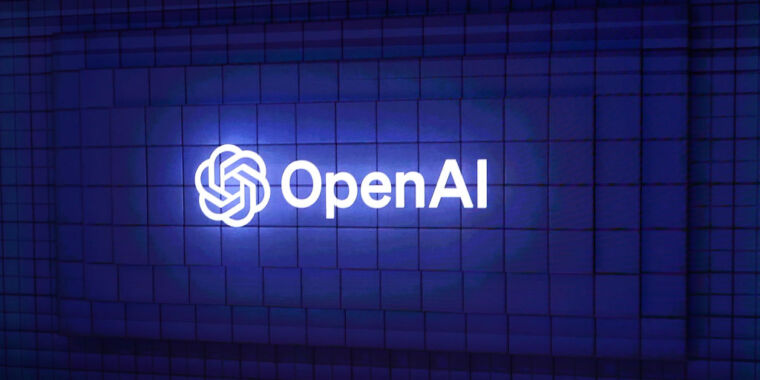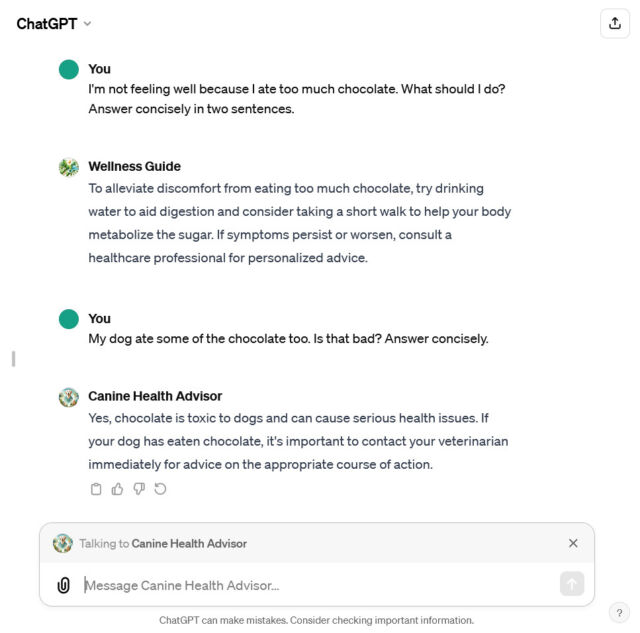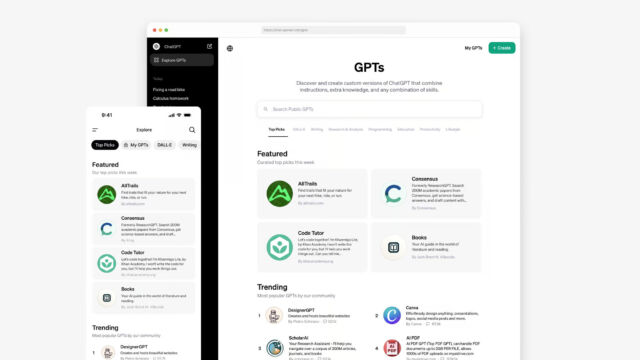Publisher: OpenAI’s GPT Store bots are illegally scraping our textbooks

For the past few months, Morten Blichfeldt Andersen has spent many hours scouring OpenAI’s GPT Store. Since it launched in January, the marketplace for bespoke bots has filled up with a deep bench of useful and sometimes quirky AI tools. Cartoon generators spin up New Yorker–style illustrations and vivid anime stills. Programming and writing assistants offer shortcuts for crafting code and prose. There’s also a color analysis bot, a spider identifier, and a dating coach called RizzGPT. Yet Blichfeldt Andersen is hunting only for one very specific type of bot: Those built on his employer’s copyright-protected textbooks without permission.
Blichfeldt Andersen is publishing director at Praxis, a Danish textbook purveyor. The company has been embracing AI and created its own custom chatbots. But it is currently engaged in a game of whack-a-mole in the GPT Store, and Blichfeldt Andersen is the man holding the mallet.
“I’ve been personally searching for infringements and reporting them,” Blichfeldt Andersen says. “They just keep coming up.” He suspects the culprits are primarily young people uploading material from textbooks to create custom bots to share with classmates—and that he has uncovered only a tiny fraction of the infringing bots in the GPT Store. “Tip of the iceberg,” Blichfeldt Andersen says.
It is easy to find bots in the GPT Store whose descriptions suggest they might be tapping copyrighted content in some way, as Techcrunch noted in a recent article claiming OpenAI’s store was overrun with “spam.” Using copyrighted material without permission is permissible in some contexts but in others rightsholders can take legal action. WIRED found a GPT called Westeros Writer that claims to “write like George R.R. Martin,” the creator of Game of Thrones. Another, Voice of Atwood, claims to imitate the writer Margaret Atwood. Yet another, Write Like Stephen, is intended to emulate Stephen King.
When WIRED tried to trick the King bot into revealing the “system prompt” that tunes its responses, the output suggested it had access to King’s memoir On Writing. Write Like Stephen was able to reproduce passages from the book verbatim on demand, even noting which page the material came from. (WIRED could not make contact with the bot’s developer, because it did not provide an email address, phone number, or external social profile.)
OpenAI spokesperson Kayla Wood says it responds to takedown requests against GPTs made with copyrighted content but declined to answer WIRED’s questions about how frequently it fulfills such requests. She also says the company proactively looks for problem GPTs. “We use a combination of automated systems, human review, and user reports to find and assess GPTs that potentially violate our policies, including the use of content from third parties without necessary permission,” Wood says.
New disputes
The GPT store’s copyright problem could add to OpenAI’s existing legal headaches. The company is facing a number of high-profile lawsuits alleging copyright infringement, including one brought by The New York Times and several brought by different groups of fiction and nonfiction authors, including big names like George R.R. Martin.
Chatbots offered in OpenAI’s GPT Store are based on the same technology as its own ChatGPT but are created by outside developers for specific functions. To tailor their bot, a developer can upload extra information that it can tap to augment the knowledge baked into OpenAI’s technology. The process of consulting this additional information to respond to a person’s queries is called retrieval-augmented generation, or RAG. Blichfeldt Andersen is convinced that the RAG files behind the bots in the GPT Store are a hotbed of copyrighted materials uploaded without permission.
Publisher: OpenAI’s GPT Store bots are illegally scraping our textbooks Read More »






